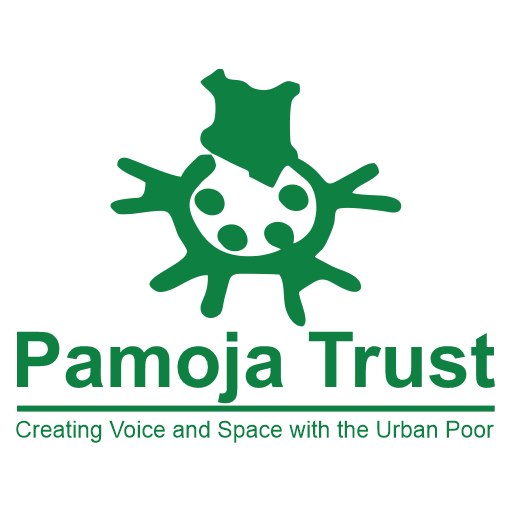ACTION RESEARCH DEPARTMENT
The Action Research Team Programme implements the research blue print of the organization. The programme facilitates knowledge production intended for re- shaping public discourses and influencing policy formulation and implementation within the organization’s areas of focus, as it is anchored on Pamoja Trust’s principle on State and Market Justice. The programme builds on PT’s longstanding work on Evidence Informed Advocacy and aims to contribute to research activities based on projects conducted by Pamoja Trust. The program’s task is intertwined with the work of the Alex Zanotelli Institute of Urban Inquiry that focuses on fostering deliberative discourse from communities that goes beyond the traditional “rule of experts”.
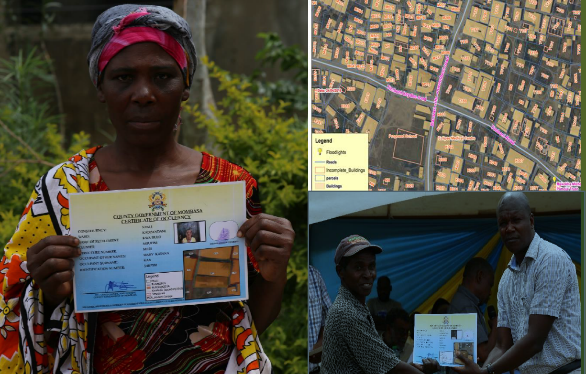
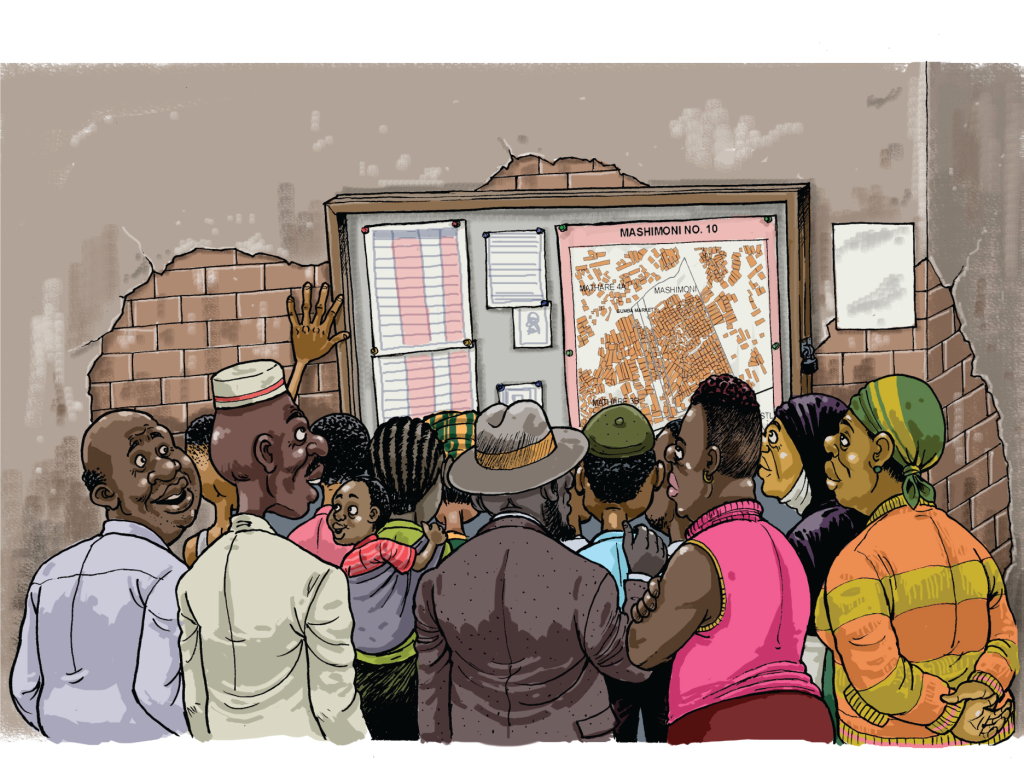
ACTION RESEARCH TEAM TECHNIQUES, TOOLS AND PRINCIPLES
1. Knowledge co-production:
The research work undertaken by the department is conducted through a mode of co-production.PT deliberately endeavors to co-produce knowledge with those who find themselves in the situation of marginalization.
2.Enumeration and mapping
This is a community centered process that is structured on organizing communities using their own data and spatial information. The enumeration structure employs a participatory approach where people are active agents of change rather than beneficiaries, in this way actively leading the data collection and mapping process. One tool employed to guide this process is the Social Tenure Domain Model (STDM) by the Global Land Tool Network facilitated by UN- HABITAT. Through this tool alongside other complementary tools such as ArcGIS, Cadasta’s platform, the programme supports communities in their visioning and strategy development processes based on the community’s data and eventually translation of the strategies and priorities into sustainable settlement plans.
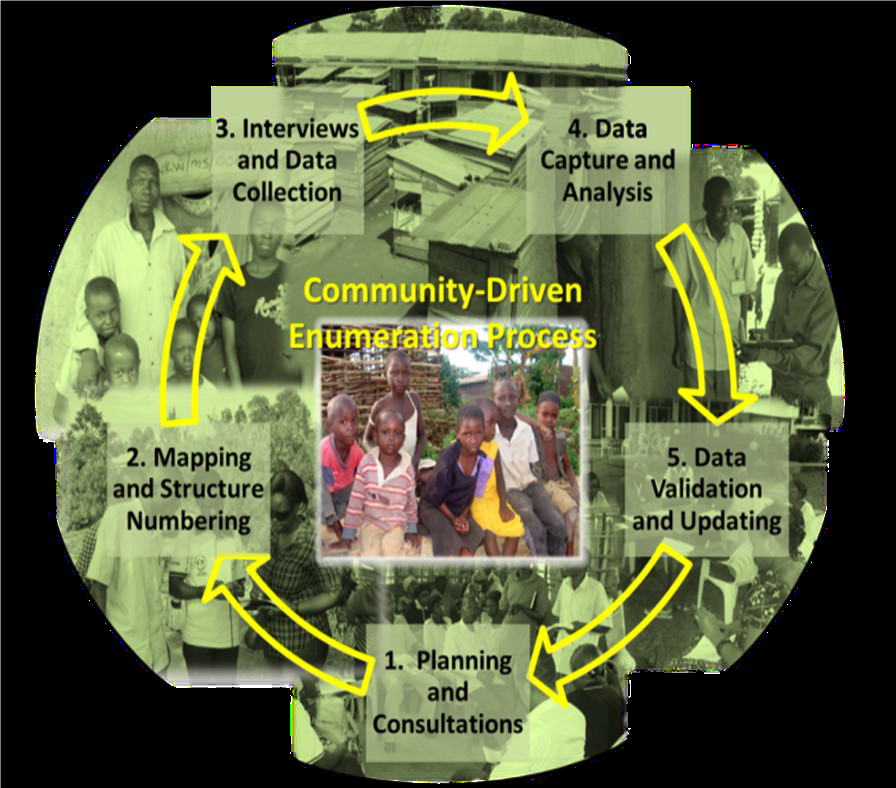
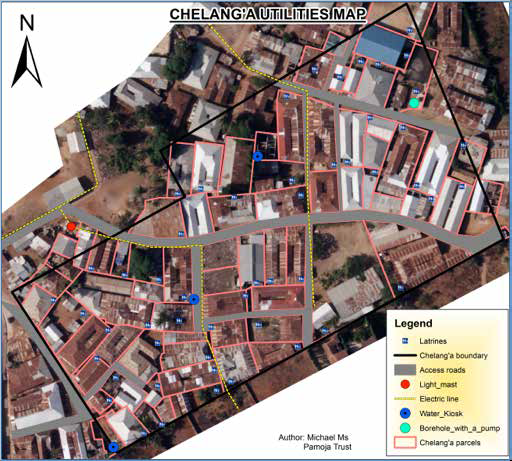
3. Principles guiding ART
The interventions under this program are guided by explicit principles on:
- Organized communities: PT’s enumeration processes provide a seamless process in which communities are organized around their own issues, with their own data
- Community negotiation power: PT’s enumeration processes generate various outputs that project the settlement development aspirations, i.e. settlement plans. These tools are used as practical tools for negotiating inclusion of the settlements into the planning regime
- Community Adaptation as a key principle: Community adaptation measures as a response to emerging realities and threats and their infusion into the planning process
ACTION RESEARCH TEAM PROJECTS AND COLLABORATIONS
- Pamoja Trust is in its third phase of collaboration with the Global Land Tool Network (GLTN) as facilitated by the UN-Habitat on the use of STDM to help give informal communities the chance to move towards tenure regularization and better access to economic and social services. The current project is on “Promoting Improvement of Tenure Security in Select Urban Informal Settlements Through the Pilot Registration of Community Land Rights.
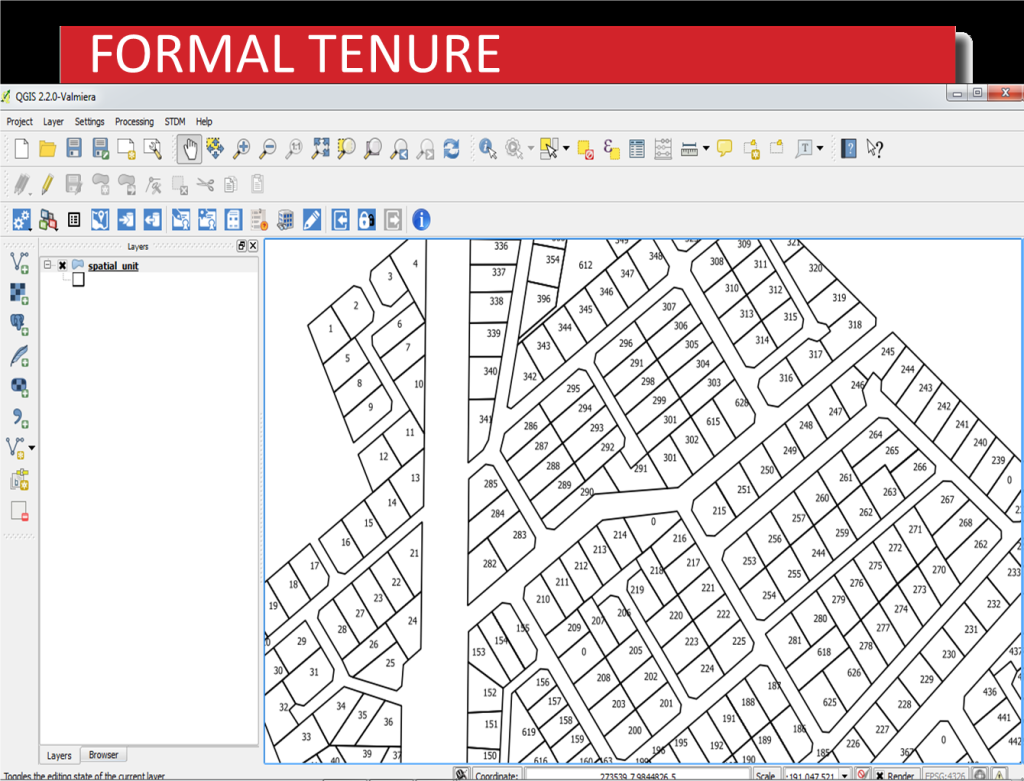
- PT is part of the ESCR-NET Steering Committee members in the Monitoring Working Group. The partnership aims at promoting the implementation of a human-rights based approach to data to address imbalances in power, improve accountability and center policymaking on people’s lived experiences and perspectives – rather than serving the interests of powerful actors.
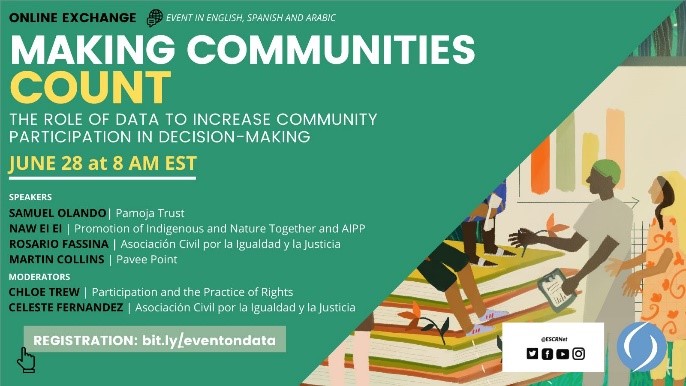
- PT is in a collaboration with Misereor on the project, “Pro-Poor Policies Are Implemented Leading to Inclusive Urban Development in Five Counties in Kenya”, the ART programme is supporting the process of establishment of community planning action groups and Community Strategic plans in five counties.
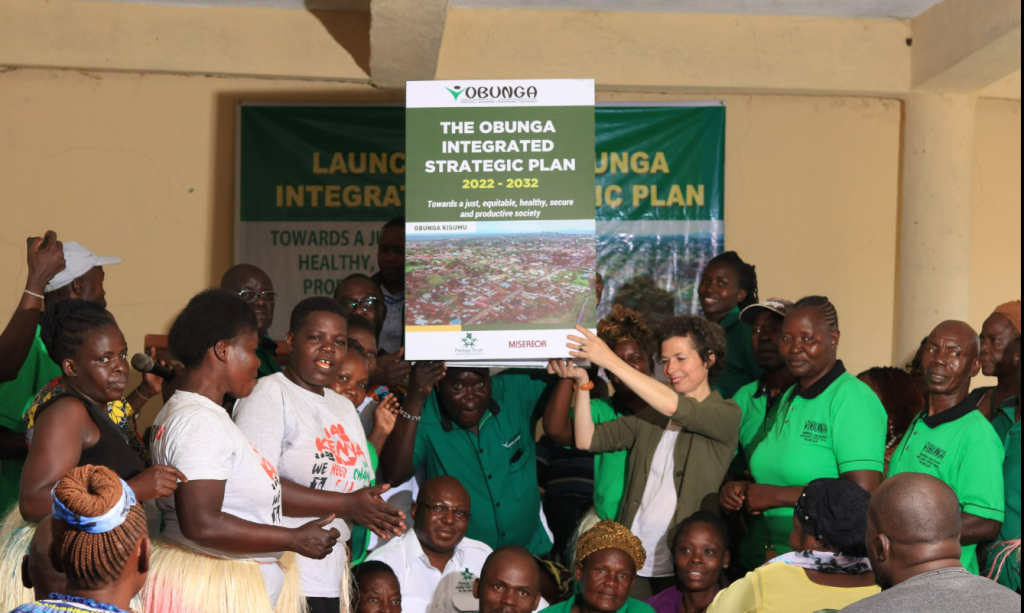
- Pamoja Trust got into a partnership with Cadasta which promotes the use of simple digital tools and technology to help partners efficiently document, analyze, store, and share critical land and resource rights information. This partnership is meant to, not only digitize Pamoja Trust’ data collection process, but also increase the management and efficiency of resource rights data.
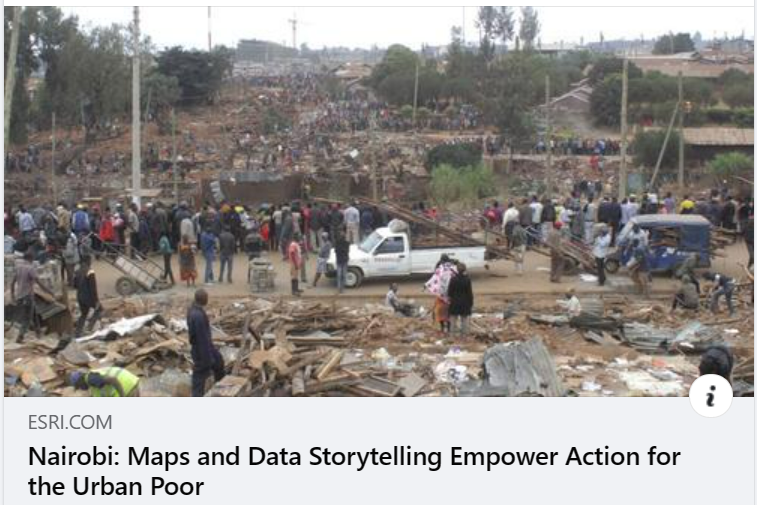
- PT is part of the Habitat International Coalition which is a global network for rights related to habitat. PT’s collaboration within HIC and with Mazingira Institute is mainly focused on the program area; Women and ESCR, in particular studies on the dispossession of women through infrastructural developments and cultural practices.

